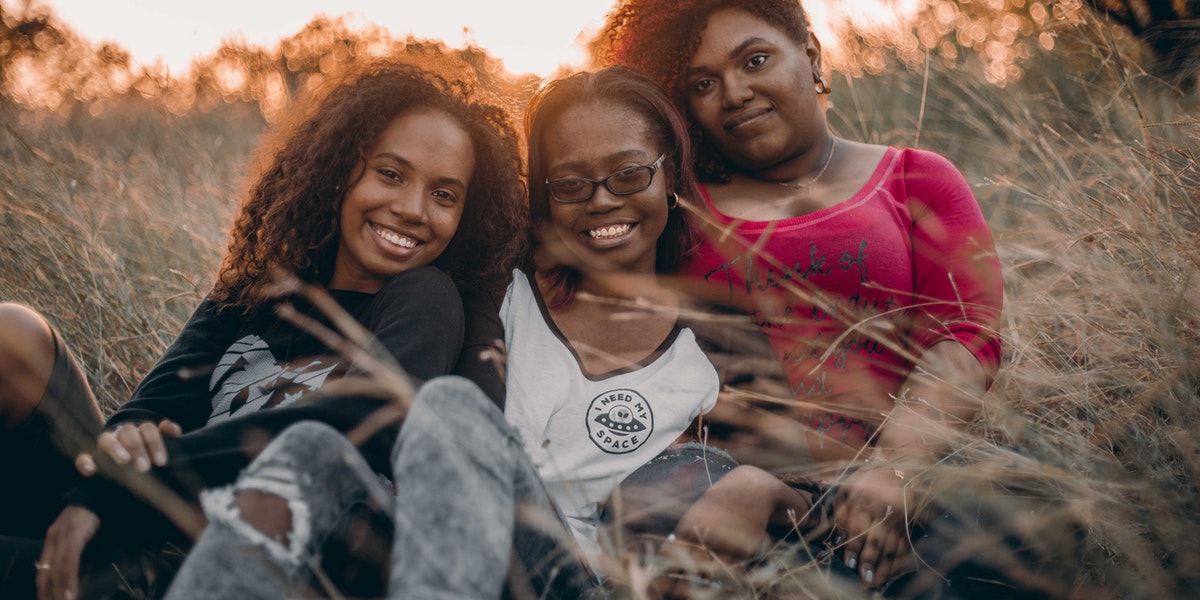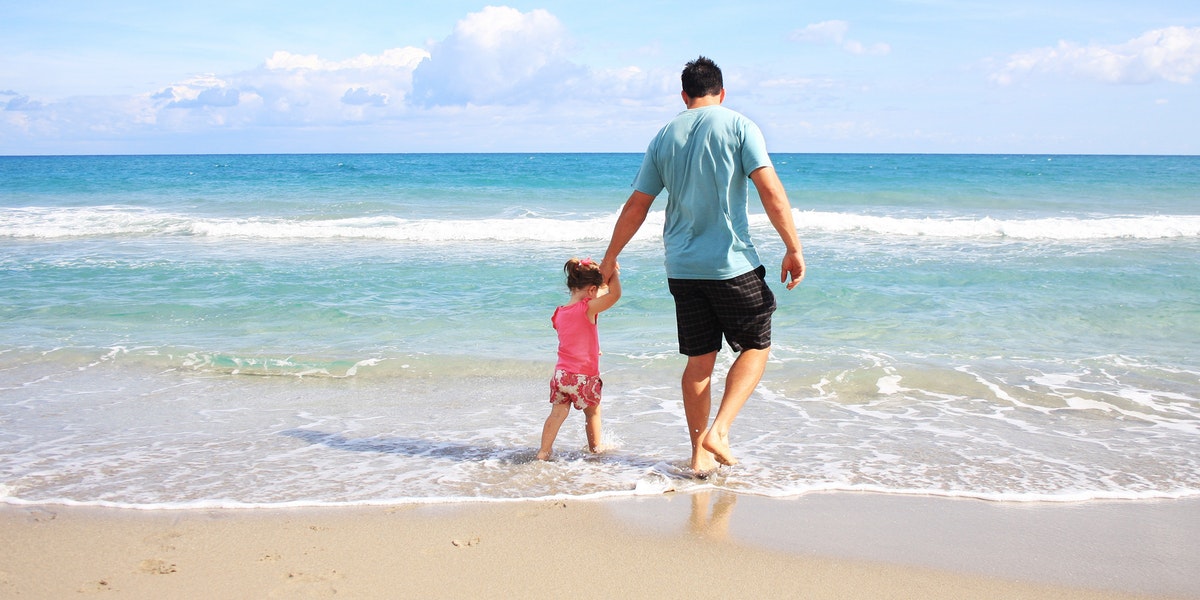Your support circle, especially after rehab, is important to your recovery, but you might be having trouble connecting with them right now, which isn’t uncommon!
You’re still adjusting to your new life and learning to understand yourself. Not to mention, your past relationships may have a lot of hurt that you don’t know how to deal with.
Fortunately, you are not alone in your recovery. There are support groups, counseling and outpatient programs that give you the guidance you need to navigate your relationships and adjust to your recovery.
Here are some helpful tips on how to rebuild ties with the ones you love most, and ideas of ways to spend time together.
Recovery is a family journey
Addiction affects the entire family unit, not just the individual user. Keep this in mind, as your family needs time to heal too. Just because you have completed rehab and are now sober doesn’t mean things go back to normal.
You may have done and said things that your family hasn’t gotten past yet, including lying and stealing. It will take time for everyone to process their feelings, forgive and move on. Be patient during this process.
Now is the time to leverage all the support tools you have available. This includes family therapy, individual counseling, 12-step groups, and support groups. Some people in recovery decide to continue with an outpatient drug rehab (Awakenings is located in Agoura Hills, California), to have access to this support and holistic healing practices.
How to reconnect with your family
As you work your recovery program, you will learn new ways to connect with your family. Here are some tips for doing so.
Make amends for your past actions.
As you work the 12 steps, you’ll discover that forgiveness is an important part of the journey. You must find it in your heart to forgive yourself for the things that took place. Make amends by acknowledging what you did wrong and taking responsibility. Do not make excuses.
However, not everyone in your family is ready to accept your apology. They might still be angry about something that happened in the past, and they have a right to these feelings. You can still make amends and move forward while being patient with the person. In many cases, time heals wounds.
Keep your promises.
We always tell our clients that the best way to show they want to change is through their actions, not their words. Sadly, your word probably isn’t good anymore because of the lies told during the addiction. So, show your family that you will follow through with what you say. That is the best way to build trust with your loved ones.
For example, if you offer to help with your child’s homework, be ready to do so. If you said you were going to pick up dinner on the way home from your 12-step group, follow through. Choose your words carefully, so that you can stick to your promises. As your loved ones see that you keep your word, they will be more open to trusting you.
Express your gratitude.
If it wasn’t for your loved ones, you probably wouldn’t be where you are today. So, while you might have resented them at one point, hopefully, these feelings are fading away. Let your loved ones know that you are grateful for them and their persistence in getting you help. Trust us, they’ll be happy to hear this!
We also recommend keeping a gratitude journal to remind yourself of all that you have to be happy for. This will start your day off right and offer you a new perspective on life. When you realize you have far more than others – a roof over your head, a family that loves you – you can avoid feeling sorry for yourself.
Engage in meaningful conversations.
It can be difficult to strike up a conversation with people who might feel like strangers (you yourself might even feel like one!), but it’s essential to re-establishing family ties. Thankfully, your counselor and support groups will teach you skills for opening up and expressing your feelings with others.
Try to communicate freely about your recovery and relationships. Share your concerns and frustrations, even if they sound silly. Withholding these feelings can put distance between you and your loved ones, and they may doubt your intentions. If you prefer, you can practice having these open discussions in family therapy with a neutral party present.
Accept others’ feelings.
It’s very common for some people in the family to be ready to accept their loved one and others not to be. Each person is unique and has different experiences with you. You might find your parents have forgiven you and are ready to move on, but your siblings are still angry.
Remember, your family is healing too, so give them time to process their emotions. Remain hopeful that they’ll eventually come around, especially as you prove to them that you are sticking to your goals and keeping your promises. Working through family therapy can also be a great tool for repairing relationships.
It is possible that some people in your family will decide that their lives are safer without you in it. Accepting this is hard, but do your best not to let it discourage you. There are still plenty of people in your life that love and care for you, so you must stay focused on your recovery. You can’t rely on one person to make you happy.
Attend support groups and counseling.
Follow your aftercare plan, which includes your 12-step groups and counseling. The people in your support group will provide emotional support and guidance as you go through the initial weeks and months of recovery. Through them, you can practice foundational social skills like listening, feeling empathy for others, and accepting constructive criticism. This will help you in your relationships with loved ones.
Counseling comes in many forms – individual, group and family. Participate in counseling as much as possible. This is an excellent time to explore your feelings, process past trauma, strengthen your family dynamics, and share your experiences with others. Some recovering addicts choose to participate in an outpatient treatment to have all therapies accessible to them.
Be patient and keep moving forward.
It takes time to adjust to life after rehab, so be patient with yourself and others. There is no reason to rush through things – you have your life to live now! Take things one day at a time. This will help you stay in the present and be grateful for the things you have today.
Also, remind yourself that time does heal. As you grow stronger in your recovery and re-establish healthy connections with your support circle, you put distance between you and your addiction. You’ll rediscover yourself through the process and who you are as a person. Your addiction may be part of your story, but it does not define you.
Tips for sober family fun
Spending time together as a family is a great way to find common ground and strengthen family ties. Here are some ideas for sober family fun that will bring everyone together!
- Try a new sport. Sports are fun because they incorporate physical activity and exercise, both of which release feel-good endorphins in the brain and support a healthy lifestyle. Break out of the normal routine and join a softball league, go swimming or hit the batting cages on the weekends.
- Spend time in nature. Another feel-good activity is spending time in nature. Choose an activity that you’ll all enjoy, like camping, hiking or bird watching. Being outdoors helps you connect with something greater and practice essential life skills like problem-solving and team building.
- Volunteer your time. Is there a cause that’s important to your family? Whether it’s helping animals, preparing meals at the soup kitchen, or collecting items for homeless shelters, there are plenty of ways to give back to your community. Doing this together as a family strengthens bonds and supports your greater purpose.
- Explore your local area. Whether you live near a big city or in a rural area, there’s plenty you can explore in your community. Make it a point to enjoy where you live, such as visiting local museums, libraries, community centers, and other attractions. Most people aren’t even aware of what’s in their own backyards.
- Plan a vacation. It doesn’t have to be anything elaborate – it could be a “staycation,” camping trip or road trip. Planning for fun is a great way to get everyone talking and sharing their ideas. Once you set out on the trip, you’ll build wonderful memories that you can look back on.
Support a family-centered recovery with Awakenings Treatment Center
Family is a powerful thing. Without your loved ones, you probably wouldn’t be where you are today. Just as your family supported you when it was time to get sober, they will continue to be here for you now.
While things may not swiftly return to normal, your commitment and diligence in following your program will gradually lead to smoother times ahead. Remember, your family loves you and cherishes having you in their life, after all!
Awakenings Treatment Center has programs for all stages of recovery. Many of our clients choose to work our program so that they have added support as they transition into their everyday lives. If you’d like to learn more about our addiction treatment programs, please contact us today. We have a family education, as well as a family support group that meets weekly for 90 minutes.










